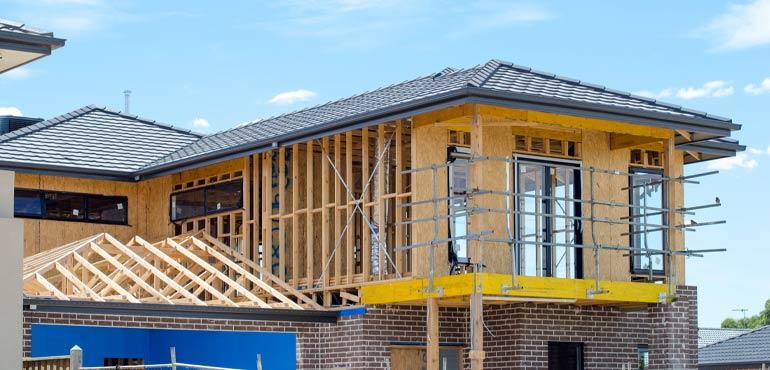What to do if you have a contract with Pivotal Homes Pty Ltd
On 26 May 2022, Pivotal Homes Pty Ltd (Pivotal), QBCC licence number 1110016, entered liquidation.
Worrells Solvency & Forensic Accountants Brisbane has been appointed as liquidator of Pivotal. The QBCC understands that the liquidator may have contacted parties who had executed contracts with Pivotal.
On 30 May 2022, the QBCC cancelled Pivotal’s licence and they are now prohibited from carrying out any building work, including completing work already in progress.
We have provided general information below, which may help you understand how their liquidation affects any building contracts you may have with them.
For information specific to your situation, we encourage you to contact us by:
- submitting an enquiry on our website
- direct email via ResolutionServicesPivotal@qbcc.qld.gov.au
- calling (07) 3226 9060 or 139 333.
Home owner information
If you are a home owner and have contracted with Pivotal, you may be able to make a claim under the Queensland Home Warranty Scheme (QHWS).
Where Pivotal had paid the insurance premium to the QBCC for your contract, you may be entitled to assistance if Pivotal has not completed the contracted works or if you have paid a deposit and building work has not started.
The steps below may help you work out your options in this situation.
For information specific to your situation, we encourage you to contact us by:
- submitting an enquiry on our website
- direct email via ResolutionServicesPivotal@qbcc.qld.gov.au
- calling (07) 3226 9060 or 139 333.
What you should do now
Step 1 – Identify the stage of your construction
- Construction complete? You do not need to do anything. You can disregard this notice unless there are defects.
- No work commenced? You may be covered for a refund of your deposit. You must lodge a claim on or before 29 August 2022.
- Work commenced? You may be covered for the costs to complete the work. You must lodge a claim on or before 29 August 2022.
- You may wish to seek legal advice if Pivotal is thinking of assigning your contract to another contractor for completion. Assigning the contract to another contractor may affect your entitlements under the Queensland Home Warranty Scheme.
Your legal costs are not covered under the Queensland Home Warranty Scheme.
Step 2 – Check the QHWS Product Disclosure statement
Your level of assistance will be determined by whether work has commenced.
As Pivotal’s QBCC licence is cancelled and they are in liquidation, all contracts currently on foot will be considered ‘at an end’ from 30 May 2022 under the QHWS Terms of Cover. You do not have to terminate the contract with Pivotal to make a non-completion or refund of deposit claim.
If building work is finished and there are defects, you need to know the time limits for making defective work claims.
Step 3 – Consider if you need to submit a claim
The QBCC website contains information to help you understand more about how and when to make a claim.
You can email the completed Non-completion claim form (PDF) for residential construction work and supporting documents directly to ResolutionServicesPivotal@qbcc.qld.gov.au to lodge your claim.
Avoid unnecessary delays by including all supporting documents with your claim.
Important information
- Paying suppliers and subcontractors. Do not make any payments to subcontractors or suppliers directly. You should also not pay any progress claims to Pivotal before they are due under your contract. You may end up paying for work that might not get done.
- Is your site safe and secure? The QBCC recommends you secure the building site from all unauthorised parties. Health and safety is your responsibility. The QBCC does not provide a ‘make safe’ service, so If you have any immediate safety concerns, we recommend you take steps to mitigate any risk to occupants and visitors (e.g. restrict access to any unsafe areas).
Licensee information
As Pivotal has entered into liquidation, the QBCC is unable to help you reclaim debts under the monies owed complaint process.
We recommend that you contact the Liquidator, Worrells Solvency & Forensic Accountants Brisbane, to discuss your debt or lodge a proof of debt.
Worrells Solvency & Forensic Accountants Brisbane
Level 13, 300 Ann Street
Brisbane Qld 4000
Telephone: 3225 4300
E: pivotalcreditors@worrells.net.au
You may also wish to consider if it’s appropriate to obtain independent legal advice about your debt.




